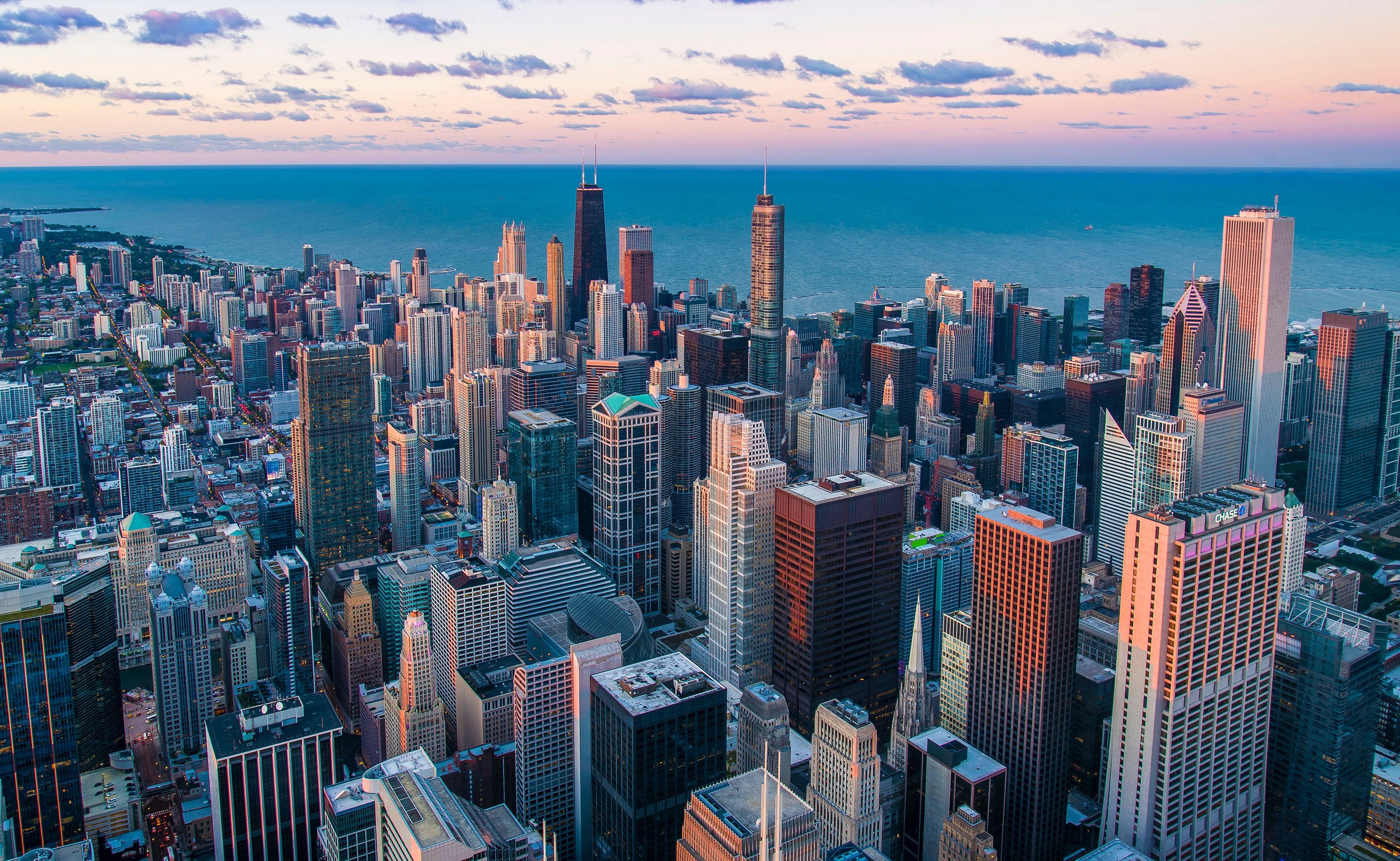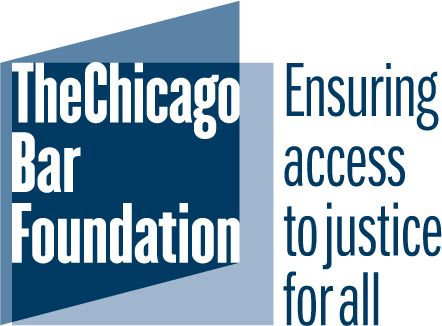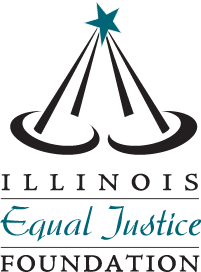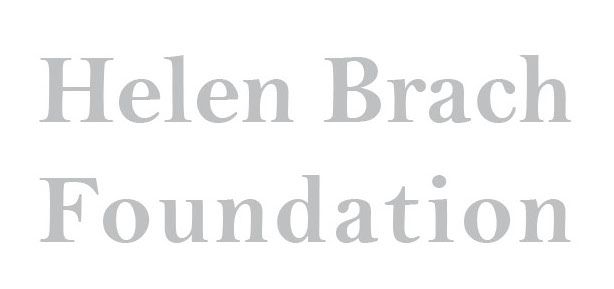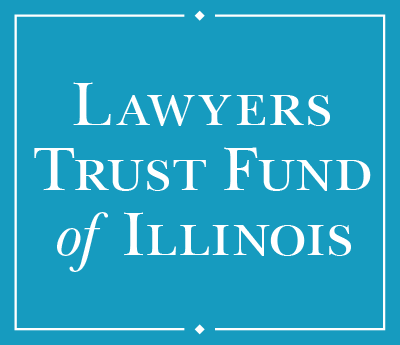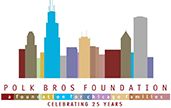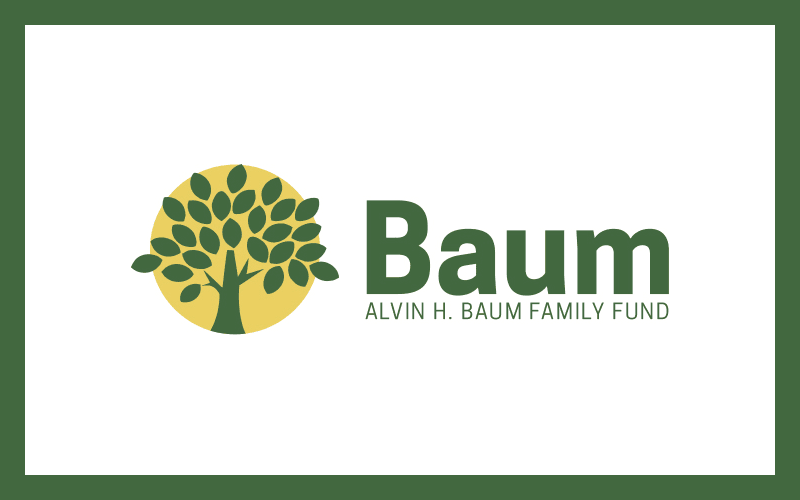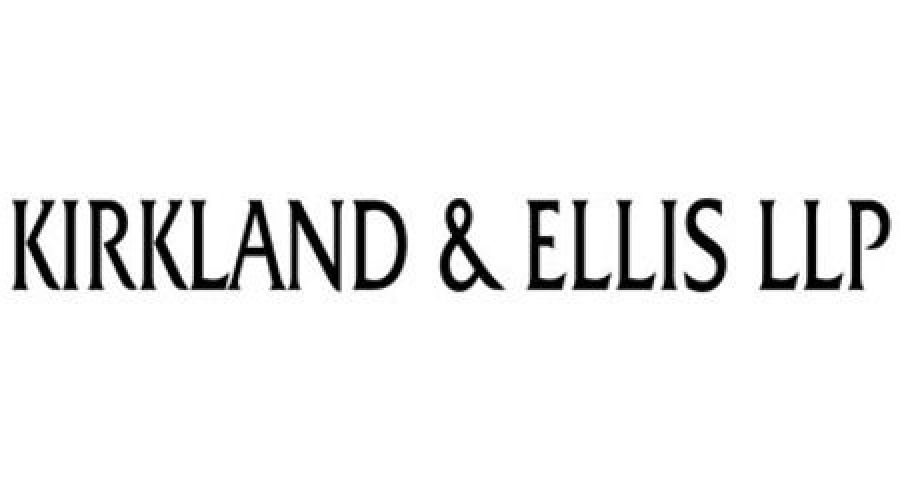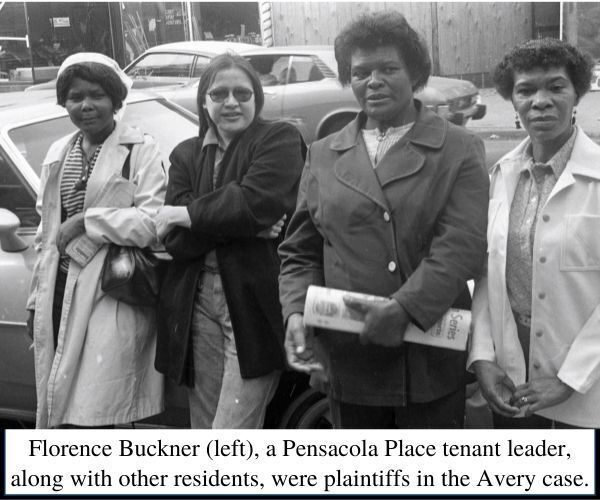
You may know UPLC as a prisoners’ rights organization, but our roots are in community organizing in the Uptown neighborhood. As we celebrate 45 years since our incorporation as a nonprofit this year, we will be doing a series on UPLC’s history, and why we focus on three areas of work—tenants’ rights, Social Security disability benefits, and prisoners’ rights.
UPLC incorporated as a nonprofit in 1979, but before that it existed as part of the Intercommunal Survival Committee. This group fought displacement and also supported rent strikes to improve apartment conditions. This was because Uptown was unique in that people were being forced from their homes both by slumlords and by speculators looking to gentrify the neighborhood.
In 1975, as part of the crisis of gentrification in Uptown, a politically influential developer gained control of a large swath of property along Broadway, stretching from Montrose south to Buena. This included 75 units of housing in three large courtyard buildings, mostly occupied by Black families. Planning a large-scale luxury residential and commercial development, this developer evicted all 75 families, just as winter was approaching.
The Black families needed to remain in their community and didn’t have many choices. They coordinated and worked with the Intercommunal Survival Committee and filed Avery v. City of Chicago, a historic civil rights case. The filing began:
“All plaintiffs are residents of an area in the City of Chicago, Illinois, commonly known as ‘Uptown’. Plaintiffs all have low incomes and live in low-income housing. Uptown is at the present time an integrated neighborhood with a substantial number of Blacks, whites, Latinos and Native Americans in the community.”
Initially, the case focused on this single developer's plans, alleging that the City of Chicago conspired with the private developer to destroy an integrated low-income community and replace it with a racially segregated, upper-income high rise development. The case was subsequently broadened to include the entire Uptown neighborhood, alleging that the City of Chicago, the Chicago Housing Authority, and the federal Department of Housing and Urban Development (HUD) were working with private developers to “expel minorities from the Uptown area by terminating all low-cost housing in that community.” Plaintiffs also alleged that “the City of Chicago has intentionally failed to prevent the alteration of Uptown from a racially integrated community to a racially segregated community or that its actions have had the effect of segregating Uptown.”
The lawsuit deferred the plan for years. It forced huge changes which preserved the diversity of Uptown, and paved the way for 160 units of low-income housing in the neighborhood, which still exists today!
When UPLC was formally incorporated, we worked to support the Avery litigation, but also represented dozens of tenant organizations that declared rent strikes against slumlords, and tenants facing retaliation for fighting for decent affordable housing.
Today, UPLC continues to fight for the rights of tenants facing illegal eviction. We can and will continue this work with the support of people like you. Thank you!

